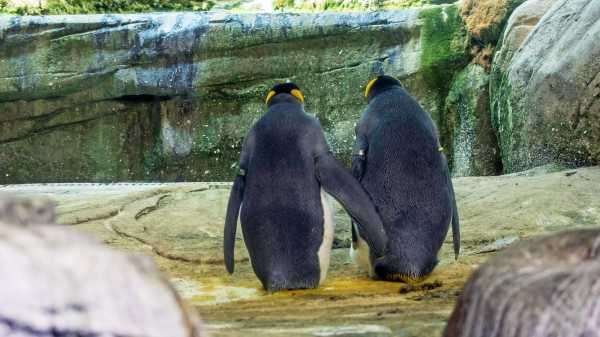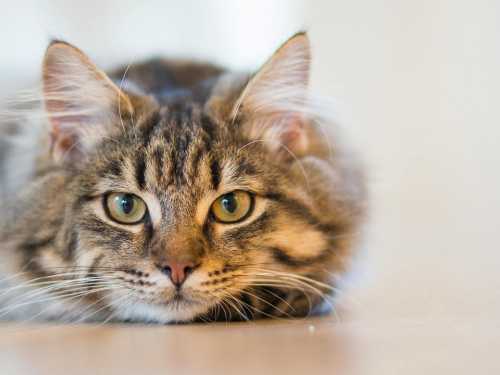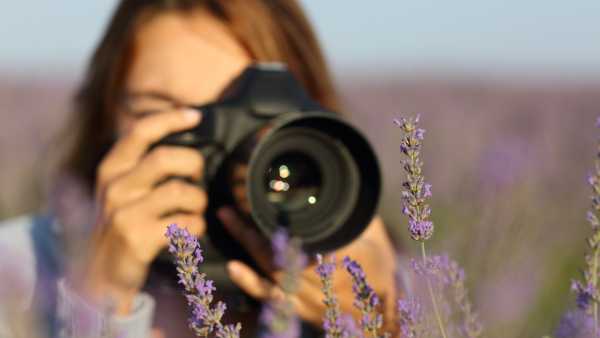
Unlike the Dutch penguins who absconded with another penguin’s egg, two male king penguins in Zoo Berlin named Skip and Ping adopted an abandoned egg in August. They had previously tried to hatch stones in their enclosure.
A pair of mated male penguins in a Dutch zoo were so eager for offspring that they stole an egg from another pair of penguins.
Two male black-footed penguins (Spheniscus demersus, also known as African penguins) at DierenPark Amersfoort zoo in the Netherlands were recently found incubating a purloined egg. Their nest — holding the stolen egg — was near a nest that belonged to a male and female penguin couple, zoo representatives said in a statement.
. But there’s a chance the couples’ dreams of parenthood may soon be dashed, as the stolen egg may not have been fertilized, according to DutchNews.
Prior to the Dutch penguins’ egg-snatching antics, other same-sex penguin couples have canoodled their way into hearts around the world. Roy and Silo, male chinstrap penguins (Pygoscelis antarcticus) who lived at the Central Park Zoo in New York City, were partners for six years; Skip and Ping, male king penguins (Aptenodytes patagonicus), consciously coupled at Zoo Berlin; and Sphen and Magic, young male gentoo penguins (Pygoscelis papua), found love in the Sea Life Sydney Aquarium in Australia.
All three same-sex couples fostered eggs; Silo and Roy hatched their chick in 2004, while Sphen and Magic’s chick — “Baby Sphengic” — hatched on Oct. 19, 2018, the aquarium announced on Twitter. But poor Skip and Ping remain childless: Despite their attention, their unfertilized egg “burst open” on Sept. 2, German news site The Local reported.
Penguins aren’t the only birds that form homosexual relationships. More than 130 birds species are known for homosexual behavior, which can include complex courtship rituals, genital contact and even nesting together for years, Live Science previously reported.
Mindy Weisberger
Mindy Weisberger is a senior writer for Live Science covering general science topics, especially those relating to brains, bodies, and behaviors in humans and other animals — living and extinct. Mindy studied filmmaking at Columbia University; her videos about dinosaurs, biodiversity, human origins, evolution, and astrophysics appear in the American Museum of Natural History, on YouTube, and in museums and science centers worldwide. Follow Mindy on Twitter.
Sourse: www.livescience.com





